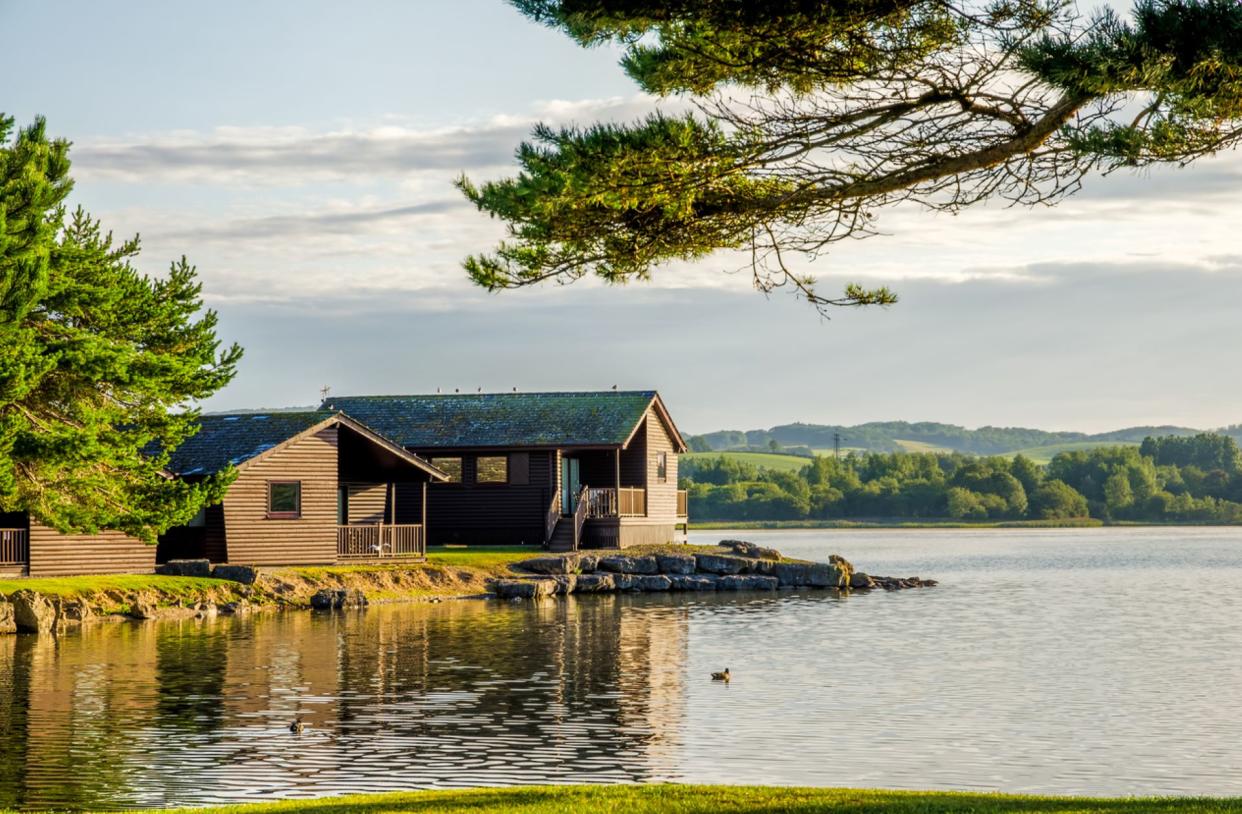Data reveals one change can increase home values by nearly $30,000: ‘The benefits … outweigh the costs’

A program that sought to clean up water pollution in the Great Lakes has both made the water cleaner and increased the value of nearby homes, a new report has found.
The 1987 Areas of Concern Program, a joint effort between the United States and Canada that spawned from the Great Lakes Water Quality Agreement of 1972, designated 43 Great Lakes sites as Areas of Concern in need of restoration.
That initial designation cost homeowners in the region, according to research published recently in the Journal of Public Economics. Property values dropped by an average of $25,700 per house, indicating that people do not want to live in places that have been designated as environmentally damaged.
Conversely, however, it turns out that people do want to live in places that have been environmentally restored. The federal grants that were then awarded to clean up the environmental damage had the opposite effect, raising property values by an average of $27,295 per house.
That means that altogether, the program added an average of $1,595 per house.
The Great Lakes have been negatively affected by human activity in myriad ways over the years. “Ways that humans have affected the quality of the Great Lakes water over the centuries include sewage disposal, toxic contamination through heavy metals and pesticides, overdevelopment of the water’s edge, runoff from agriculture and urbanization, and air pollution,” writes Environmental Education for Kids.
In total, the U.S. government has spent more than $1.23 billion since 2004 to clean up the polluted waterways of the Great Lakes, Futurity reports.
“Our research finding that the benefits of the cleanups outweigh the costs is important,” Duke University professor Robyn Meeks, who co-authored the study, told Futurity. “This paper demonstrates that people value clean water, as evidenced in the changes in housing prices that we see in response to the cleanup.”
Join our free newsletter for easy tips to save more, waste less, and help yourself while helping the planet.

